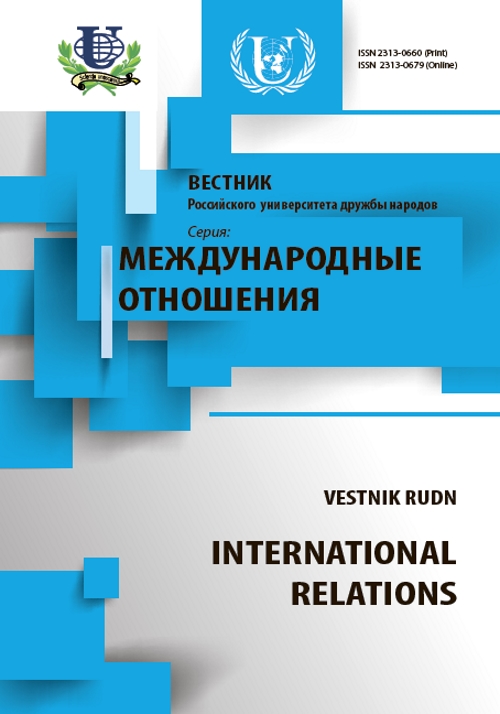The Reaction of West Germany to Soviet-American negotiations 1968-1972
- Authors: Borisova K.A.1
-
Affiliations:
- Moscow State University
- Issue: Vol 15, No 3 (2015): International Political Science. Conflict Studies. Greater Middle East
- Pages: 225-235
- Section: ARTICLES
- URL: https://journals.rudn.ru/international-relations/article/view/10727
- ID: 10727
Cite item
Full Text
Abstract
This article is devoted to the analyzing of the reaction of Germany to the Strategic Arms Limitation Talks (SALT) in the late 60's - early 70’s. Our attention is paid to the characteristics of executive and legislative authorities’ decisions of Germany. After Berlin and Cuban missiles crisis constant threat of a nuclear missile stability promoted the development of SALT, which should be the basic element of balance of power for the survival of human civilization. For all western countries searching for the formula to avoid the escalation of all-out war had to be based on the main principles of international relations in the context of detent of geo-political tensions between the Soviet Union and the United States. But for a long period of time West Germany still to be on the position of cold war confrontation. Such a policy could lead Germany to political isolation. After first successful steps of soviet-american’s negotiations West Germany began to realize the threat of its isolation and tried to integrate itself in the general process of detent, first of all in the field of European security. Main purpose of this research is analyzing specific mechanisms of transformation of the bilateral relations between United States and Germany, comparing different foreign policies with socialistic block, studying contradictions in the capitalist block and to identify and classify these differences, as well.
References
Supplementary files










